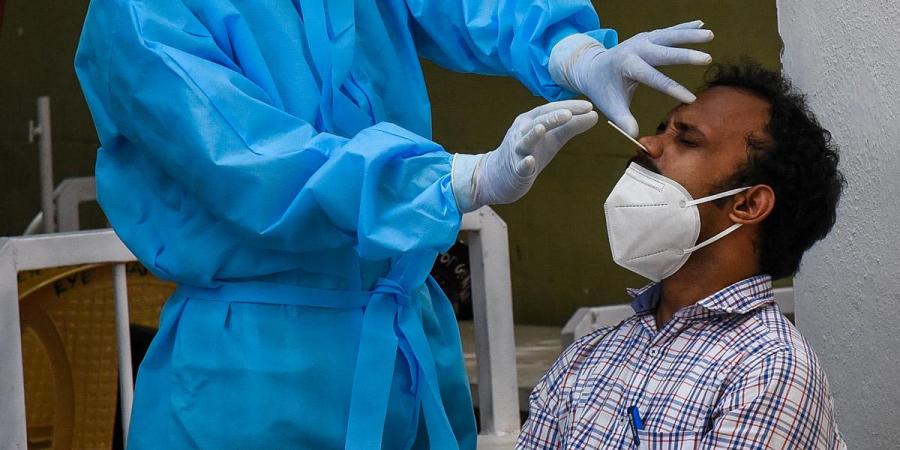
According to a new report by Indian scientists who conducted genomic analysis, the Delta variant of Sars-Cov-2 outcompeted the Alpha variant within weeks and went on to spark Delhi’s most devastating wave of Covid-19 yet, providing yet more evidence that India should reconsider its decision to delay second doses of the vaccine.
The report was released late Thursday by researchers from the National Center for Disease Control (NCDC) and the Institute of Genomics and Integrative Biology. It has yet to be peer reviewed (IGIB).
It is part of a flurry of scientific evidence published in the last 24 hours that supports fears that the Delta variant, also known as B.1.617.2, is more difficult to contain and may be leading to more vaccine breakthrough cases and even severe disease – characteristics that have implications for India’s vaccination campaign, particularly the decision to postpone second doses.
“Although we don’t have effectiveness data for the Covishield vaccine against severe disease with the Delta variant, the UK data from PHE and from the Crick Institute point to the urgent need to review our data and our policies and use impact modeling to decide if a change is needed,” said Dr Gagandeep Kang, professor of microbiology at Christian Medical College-Vellore.
“While much more remains to be done, three takeaways for now are: Delta (B.1.617.2) is more transmissible than Alpha (B.1.1.7), there seems to be greater immune escape and reinfection, and fully vaccinated breakthroughs were disproportionately due to Delta,” said Dr Anurag Agarwal, director, IGIB, in a tweet.
The Delta variant was relatively unknown in Delhi in February, at 5%, at a time when the Alpha variant was estimated to be present in 20% of all samples. However, by mid-April, the Delta variant had surpassed Alpha in prevalence, and was estimated to have a prevalence rate of 65 percent. Around this time, Delhi’s positivity rate – the percentage of samples that return positive – jumped to over 36%.
The Indian researchers too note that the viral load of the Delta variant (B.1.617.2) appeared to be higher than the Alpha variant (B.1.1.7), “and based on data from India and UK, so does vaccination break-through rate”. They add that B.1.617.2 is “capable of creating very fast rising outbreaks with vaccination breakthroughs”.
“We would re-emphasize that prior infections, high seropositivity and partial vaccination are insufficient impediments to its spread, as seen in Delhi, and strong public health response will be needed globally for its containment,” the authors said.








